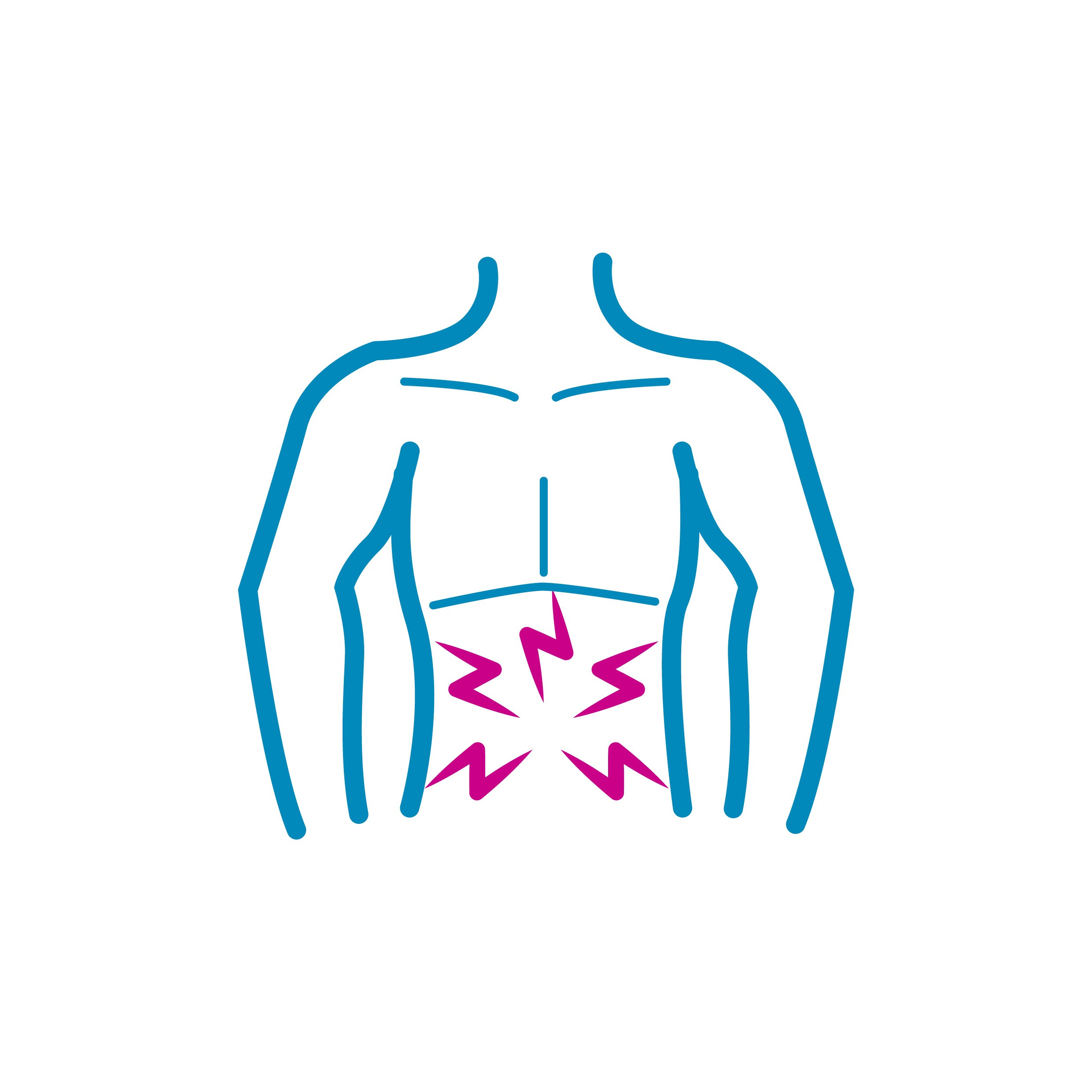Constipation is a common condition that affects people of all ages. It is characterized by infrequent bowel movements, hard stools, or difficulty passing stools. While occasional constipation is normal, chronic constipation can lead to discomfort and a negative impact on quality of life. Managing constipation often involves dietary changes, increased fluid intake, and regular physical activity. However, in some cases, these lifestyle changes may not be enough, and medications like stool softeners may be recommended to ease the passage of stool. One such commonly used medication is docusate.
What is Docusate?
Docusate is a stool softener used to treat occasional constipation. It is available in both over-the-counter and prescription forms and can be found under various brand names such as Colace and Dulcolax. Docusate is commonly available in oral forms, such as capsules, tablets, and liquid solutions, as well as rectal formulations like enemas.
Docusate works by softening the stool, making it easier to pass. It does this by actively pulling water into the stool and increasing the amount of water and fats that can get into the stool. This helps to move the stool more smoothly through the intestines. This also helps to prevent hard, dry stools that can be difficult to eliminate. Unlike stimulant laxatives, which work by stimulating the intestinal muscles to contract, docusate is less likely to cause cramping or urgency to go to the bathroom.
Also see our blog – OTC medications for Conspitation
Considerations for Docusate:
– Widely Available: Docusate is available over-the-counter and is relatively inexpensive, making it accessible to many people who need relief from occasional constipation.
– Combination Therapy: depending on the type of constipation, docusate is often used in combination with other medications for treating constipation such as laxatives to ensure maximum effectiveness for the passage of stools.
– Dosage: Docusate is typically taken once or twice daily, with the dosage depending on the individual’s age, medical condition, and the formulation used. Docusate capsules or tablets should be swallowed whole with a full glass of water to ensure adequate hydration, which is important for stool softening.
– Time to work: Docusate may take 12 to 72 hours to start work. For rectal use (enemas), the effect of docusate is usually quicker, often producing results within 15 minutes to an hour.
– Safe for pregnant women: Docusate is rated pregnancy category A, meaning that it is shown to have no risk to the fetus when taken during pregnancy. Docusate is considered safe for use during pregnancy, offering a gentle option for managing constipation at this time when constipation may be increased.
– Potential Side Effects: Docusate is generally well tolerated, but side effects may include diarrhea, nausea, and cramping. Syrup and liquid formulations of docusate can cause throat irritation and a bitter taste so they should be taken with an adequate amount of water, milk or juice.
Conclusion:
Docusate is a widely used stool softener, often used in combination with laxatives, that provides gentle relief from occasional constipation and hard stools. Its ability to soften stools without stimulating bowel contractions can make it a good option for certain people, such as those recovering from surgery, pregnant women, or those with chronic constipation. While docusate is generally well-tolerated, it’s important to use it as directed and consult a healthcare provider if constipation persists.
Resources:
1) COLACE- docusate sodium capsule [package insert]. Columbus, OH: American Health Packaging; 2015.
2) Hannoodee S, Patel P, Annamaraju P. Docusate. [Updated 2023 Aug 17]. In: StatPearls [Internet]. Treasure Island (FL): StatPearls Publishing; 2024 Jan-. Available from: https://www.ncbi.nlm.nih.gov/books/NBK555942/
3) Mother To Baby | Fact Sheets [Internet]. Brentwood (TN): Organization of Teratology Information Specialists (OTIS); 1994-. Docusate Sodium. 2023 Feb 1. Available from: https://www.ncbi.nlm.nih.gov/books/NBK582677/












